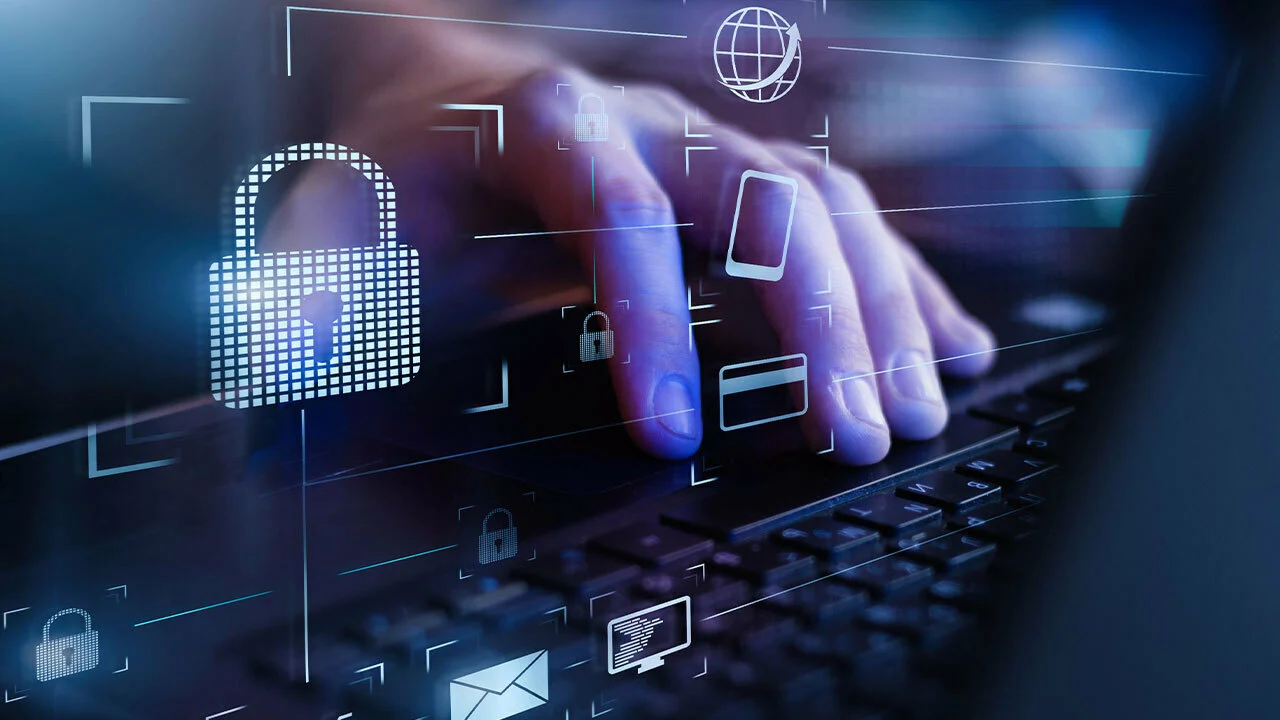Guide on protecting your computer at home and beyond: How much you can rely on your devices depends on your decisions. For instance, you can choose to visit random websites without blocking trackers or malicious downloads.
 However, you can also apply common protections, like refusing to accept trackers and staying away from websites suspected of phishing.
However, you can also apply common protections, like refusing to accept trackers and staying away from websites suspected of phishing.
Computers have become an essential part of our lives. From staying connected with loved ones to working on the go, there are several activities we cannot do without computers and the internet.
However, the machine comes with certain risks, especially if it’s not appropriately protected. And with millions relying on computers worldwide, the danger is only escalating. Therefore, you need to use easy ways to protect it from common and uncommon threats.
What does ‘protecting your computer’ mean?
Protection is the mechanism that controls access to resources by programs or users. These can include OS-level privileges, web server libraries, and application programming interface (API) functions for things like databases.
What needs protection on your computer?
Though you may not consider your computer particularly valuable, cybercriminals will. If they find anything of value in it, such as passwords for bank accounts or email addresses, then there’s no way you’ll ever get back if lost. Besides, there are other dangers involved as well.
For instance, fileless threats are one of the stealthy infections that you can catch without even realizing it. Such malware has no files, leaving antivirus tools helpless to offer any assistance. Therefore, it is not enough to have an antivirus tool suitable for fighting conventional malware. It needs to defend you in all situations.
What are some pertinent threats to your computer?
Majorly, there are three threats to your home computer system.
- Malware
- Viruses
- Hard drive failure
Other dangers include:
- Scams
- Phishing
- Data leaks
- Spywares
- Trojans
- Ransomware
- Password attacks
How to protect your computer?
You can assure your system’s security and privacy in five different ways.
Use firewalls
Hackers are frequently trying to gain access to your computer. They send out messages, leading to an easy target if you don’t have a firewall installed. Firewalls block these communication attempts and protect your information from being stolen.
Keep your OS and apps updated
Microsoft Windows offers automatic updates; avail this opportunity by turning them on. Plus, ensure that you have updated versions of Microsoft Office or Adobe Acrobat Reader since they are also often targeted by attackers.
Use safe networks
Many of us don’t think before connecting to a free Wi-Fi network. However, joining free Wi-Fi isn’t a good option. Cybercriminals target these open networks most, so avoiding them will be the best option.
However, if you can’t avoid using it but want to sidestep becoming the prey, use a VPN for Windows devices. Virtual Private Networks are known to provide you with the next level of security with military-grade AES-256-bit encryption. VPNs encrypt entire data sent over the network you use. Thus, making cybercriminals unaware of your activities and protecting you from data leaks and interception.
Use strong passwords (always)
Long complex alphanumeric strings are hard to crack, so make sure you use a strong password for your online accounts, including banking, email, and social media. You can also use password managers to generate and store them.
Of course, when creating accounts, browsers can suggest automatically generated passwords. However, there are many reasons for coming up with robust passwords. Still, using a complicated password generated by your browser is better than a weak combination like 12345.
Do not click just any link
Phishing, a tactic used by hackers, employs fake emails which look like they’re from a legitimate source. These emails include a link that, when clicked, will take you to a phony website, where you’ll be asked to enter personal information. Once the hackers have this data, they can use it to steal your identity or access your accounts.
Invest in antivirus software
This software is an essential tool for protecting your computer. An antivirus tool for PCs scans all incoming files and emails, looking for viruses and other malicious programs. It also protects you from websites that may try to install spyware or adware on your computer without realizing it.
Of course, the best option is to find the most reliable tools with as many features as possible. As mentioned before, some security suites will also include protection against fileless malware. Furthermore, there can be features for blocking phishing websites or detecting other suspicious activity.
Don’t follow pop-up windows
When you’re casually surfing the web and come across sites that show pop-up windows, it might seem like your computer has been infected. Close those to keep yourself safe. Plus, do ensure you click outside the pop-up and not inside.
Do not leave our system unattended for long
Even if you’re visiting a restroom or getting a coffee, it’s best to lock your computer so that no one can access it in your absence. You can do this by pressing the Windows key + L on your keyboard or using a screensaver with a password.
Use your own external devices
As per an estimate, a significant portion of sent emails has some form of malware. Moreover, most users don’t blink before opening such emails, resulting in the automatic download of malware or trojans on the PC. This malware can further travel to other PCs via external devices. So, if you are asking for someone else’s external devices to exchange data, make sure you scan them first to avoid getting infections.
However, the best way is to use your own external devices, such as a USB or portable hard disk. This way, you can ensure that your PC is protected as the devices are trustworthy.
Conclusion
By following the methods above, you can protect your computer from threats at home and beyond. VPN provides an extra layer of security, while solid passwords and antivirus software help to keep your data safe. Remember, you can only control your computer and personal data safely and securely with the proper precautions.






